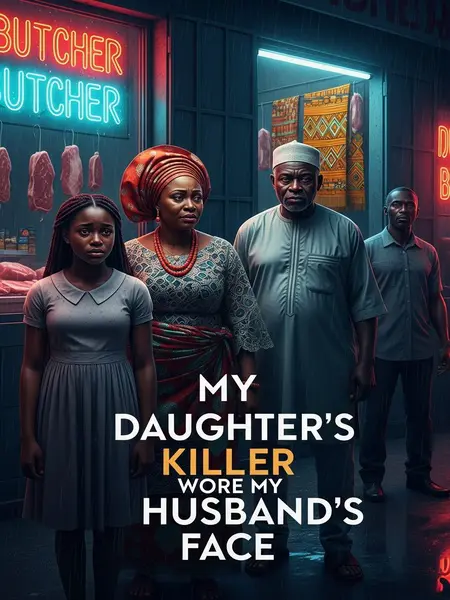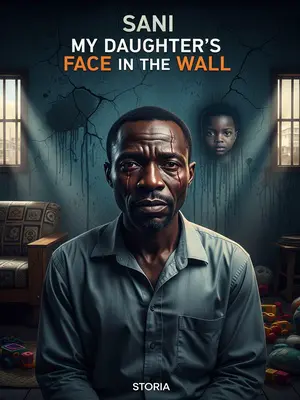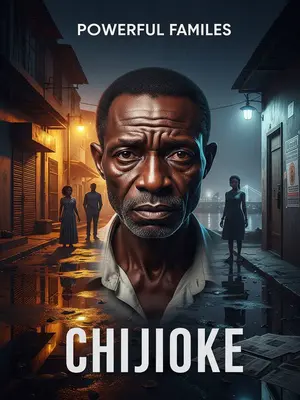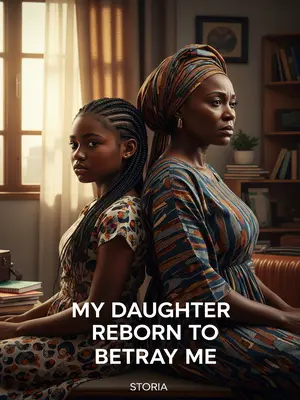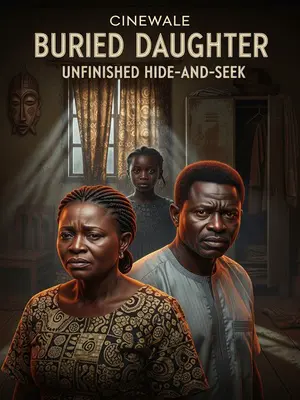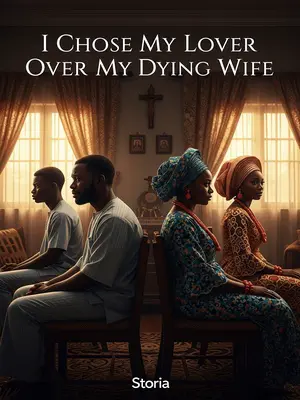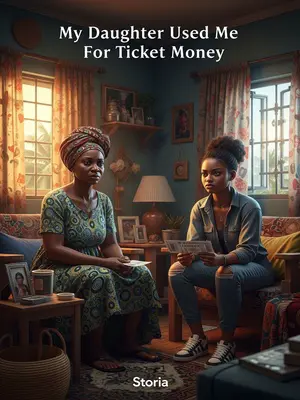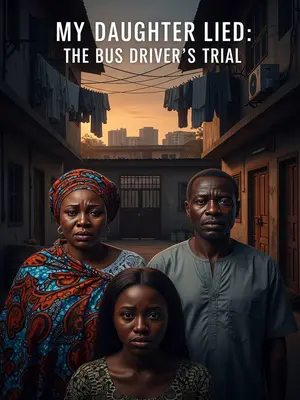Chapter 6: Grief and Evidence
Nnenna’s mother collapsed immediately. She tore her wrapper and rolled on the tiled floor, her wails echoing down the station corridor. Her father grabbed a fire extinguisher and rushed at Baba Tunde. We quickly held him back, using all our strength to drag the couple out of the office.
The mother wailed in Igbo, calling on the ancestors to punish Baba Tunde. The father’s grip was so tight on the extinguisher, his knuckles turned white. In those moments, pain and rage made them forget all decorum.
“We haven’t found Nnenna’s body yet. Without a body, it’s too early to say she’s been killed. Don’t lose hope.”
I tried to sound reassuring, but the words tasted hollow, like chewing dry okra. Inside, I was afraid hope was already gone.
Nnenna’s father tried several times to break free and storm back into the interrogation room to beat Baba Tunde. Nnenna’s mother grabbed my uniform, crying bitterly: “That animal said it himself. Is there any hope my daughter is still alive? Even a little hope?”
Her tears soaked through my shirt. People gathered in the hallway, whispering, 'Chai, see what wickedness has done.' My heart twisted. We are trained to keep distance, but how can you not feel something when you see a mother’s grief?
My heart pained me. Now that Baba Tunde had confessed, Nnenna’s chances were slim.
But for now, we needed to find the body, the murder weapon, and the motive. Only with complete evidence could we send Baba Tunde to face justice—his confession alone wasn’t enough.
This is Nigeria—confession no be evidence. Courts want facts, not just crying and shouting.
